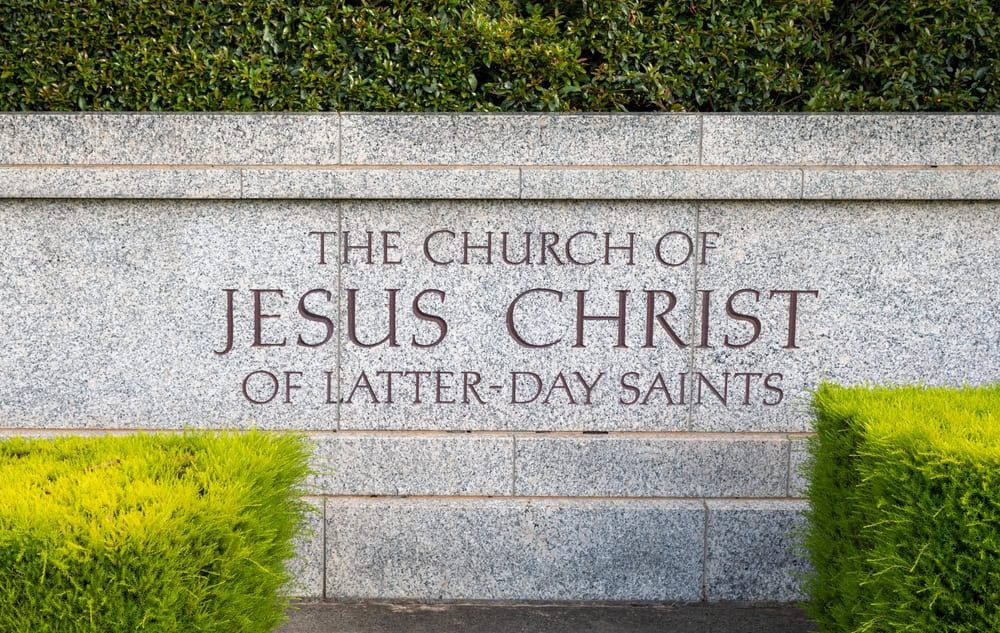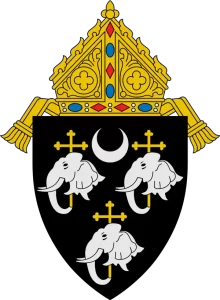The Arizona Court of Appeals has reinstated part of a child sexual abuse lawsuit against the Church of Jesus Christ of Latter-day Saints (LDS Church) and several of its members, Terri Jo Neff of the Herald Review reported Wednesday. The case involves three siblings from Bisbee, Arizona, who suffered years of sexual abuse by their father, Paul Adams, a former U.S. Border Patrol agent. The children’s 2021 lawsuit claims that multiple church officials and members knew or suspected the ongoing abuse but failed to report it. A Cochise County judge had previously dismissed key portions of the suit, but the appellate court’s March 2025 ruling reverses that decision and revives the claims against at least one defendant. This ruling underscores that the case against the LDS Church and its associates will move forward in Arizona’s courts.
Broader Interpretation of Mandated Reporter Law (ARS § 13-3620)
A central issue on appeal was Arizona’s Mandatory Reporter Law (ARS § 13-3620), which requires certain individuals to report suspected child abuse to authorities. The trial judge had interpreted this law narrowly, suggesting it applied only to licensed professionals like teachers, doctors, or clergy acting in their official capacities. The Court of Appeals disagreed, finding that the lower court “erred in limiting the meaning” of the statute’s language to professionals. Arizona’s law includes a catch-all category for “any other person who has responsibility for the care or treatment of the minor,” and the appellate judges emphasized that this broad phrasing is not confined to formal job titles or paid roles.
Essentially, what matters, the appeals court determined, is whether an individual’s relationship to a child places them in a position of responsibility, not whether they are a trained professional
Under this broader interpretation, even informal caregivers and church volunteers may be considered mandated reporters if they take on responsibility for a child. In the LDS case, one defendant – a family friend and Sunday school teacher who sometimes babysat the children – could fall under this category. The appellate court noted that as a Sunday school teacher and occasional babysitter, the defendant had a relationship that potentially gave her “responsibility for the care” of the children.
The judges ruled that the question of her duty to report abuse should not have been summarily dismissed; instead, it hinges on factual details about her role and what she knew. By reversing the summary judgment, the court has sent the case back to the trial court to determine if her involvement as a caregiver created a legal obligation to report the suspected abuse.
Church Members Accused of Failing to Report Abuse
According to the complaint, several church officials, including local bishops, knew about or strongly suspected the ongoing abuse, yet did nothing to stop it. In fact, Paul Adams confessed his sexual abuse of his daughter to his bishop in 2010, but no report was made to police at that time, reportedly due to the church’s confidentiality policies. The lawsuit claims that church leaders were aware of the abuse for years but chose to protect the church’s image instead of intervening.
Beyond the clergy, the plaintiffs accuse other congregation members of failing to act on warning signs or knowledge of abuse. The children’s mother was even convicted for her role in enabling the abuse by not protecting the kids. It was only in 2017 – after Adams had continued abusing two of his daughters for seven more years – that law enforcement uncovered the crimes through an unrelated investigation. Adams was arrested and later died by suicide in custody, leaving his children to seek justice through civil litigation.
By reinstating claims against the lay church member, the appellate ruling suggests that not only ordained clergy, but also laypersons within a church can be held accountable if they had a duty to report abuse. The LDS Church had argued that its officials had no legal duty to report Adams’ confession due to Arizona’s clergy-penitent privilege, which shields religious confessions from disclosure. However, this privilege may not protect those who learned of abuse outside of formal confessions or those who exceeded the bounds of confidentiality. For example, one LDS bishop (who was also a physician treating the family) allegedly urged the mother to call police, potentially waiving the confidentiality of the confession
The ongoing litigation will examine which church representatives had a reporting duty and whether any exemptions or privileges truly apply under the circumstances.
Significance and Implications for Future Cases
This appellate decision is being hailed as an important victory for abuse survivors and a possible landmark for church accountability. By clarifying that Arizona’s mandatory reporting law extends to individuals with informal caregiving roles, the court has closed a loophole that some institutions might have used to avoid liability. Sunday school teachers, youth group leaders, babysitters, and other volunteers who work with children can no longer assume they are exempt from reporting requirements simply because they aren’t licensed professionals. The ruling makes clear that child safety comes before institutional cover-ups, and it reinforces the idea that any adult entrusted with a child’s well-being has a legal obligation to act if abuse is suspected.
Legal analysts note that this outcome “could impact cases nationwide”, especially in states with similar laws, and adds momentum to a growing trend of courts and lawmakers chipping away at broad religious exemptions in abuse reporting. Churches and other organizations may need to revisit their policies and training – ensuring that all members, not just staff, understand their duty to report child abuse. For survivors of abuse within religious communities, the decision offers hope that those who enabled abuse through silence can be held accountable under the law.
The Arizona lawsuit against the LDS Church will now proceed, armed with the appellate court’s guidance. Observers will be watching closely as the case returns to the trial court, potentially setting precedent on how far a church’s responsibility extends when abuse is an “open secret” among members. The bottom line: the court’s message is that protecting children is a shared responsibility, and no religious institution is above the law when it comes to mandatory reporting.
If you or someone you love is a survivor of sexual abuse connected to the LDS Church, you are not alone—and you have legal rights. To learn more about your options and how to seek justice, visit SurvivorsRights.com’s Mormon Church Sexual Abuse Lawsuit page.




